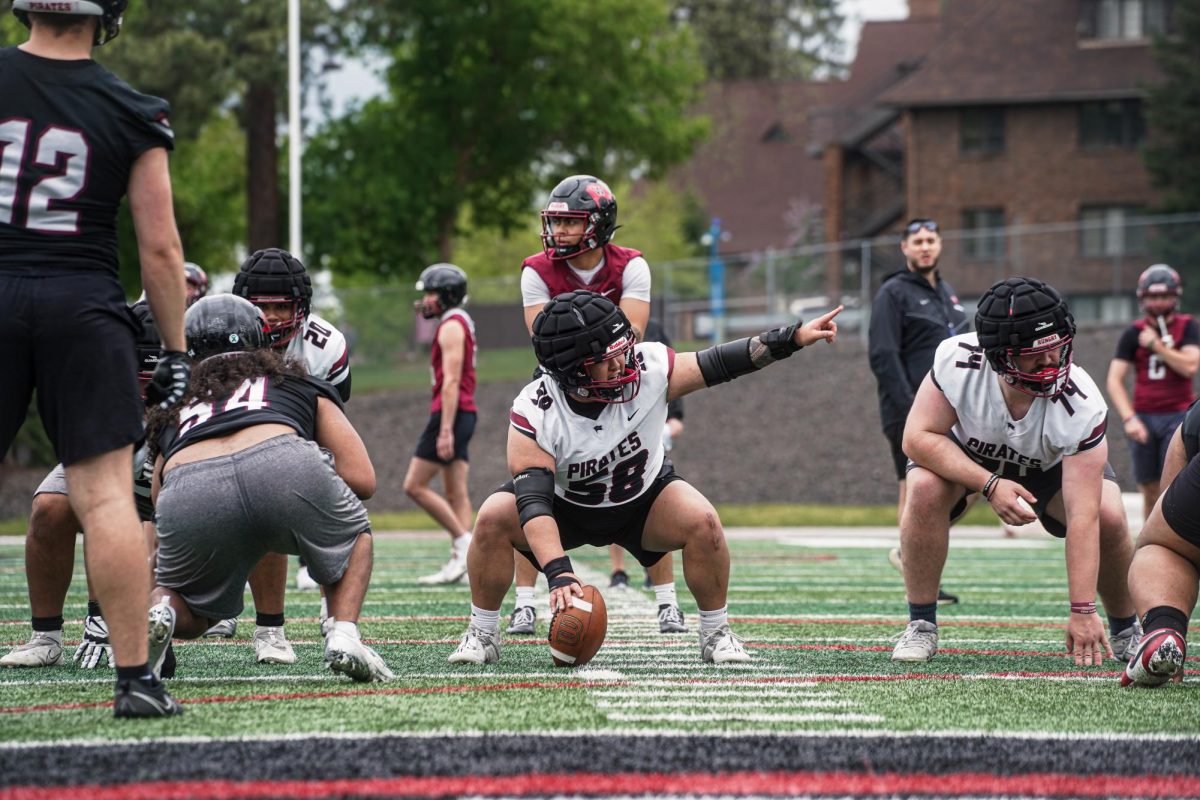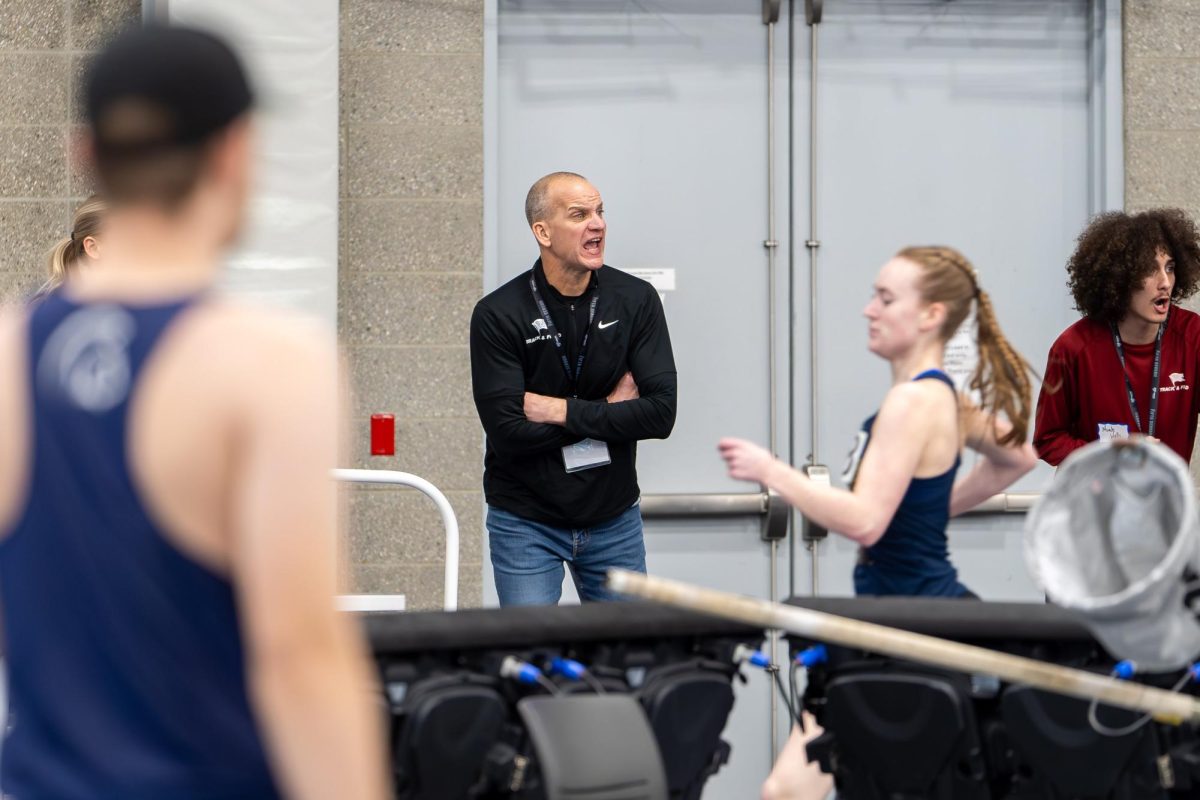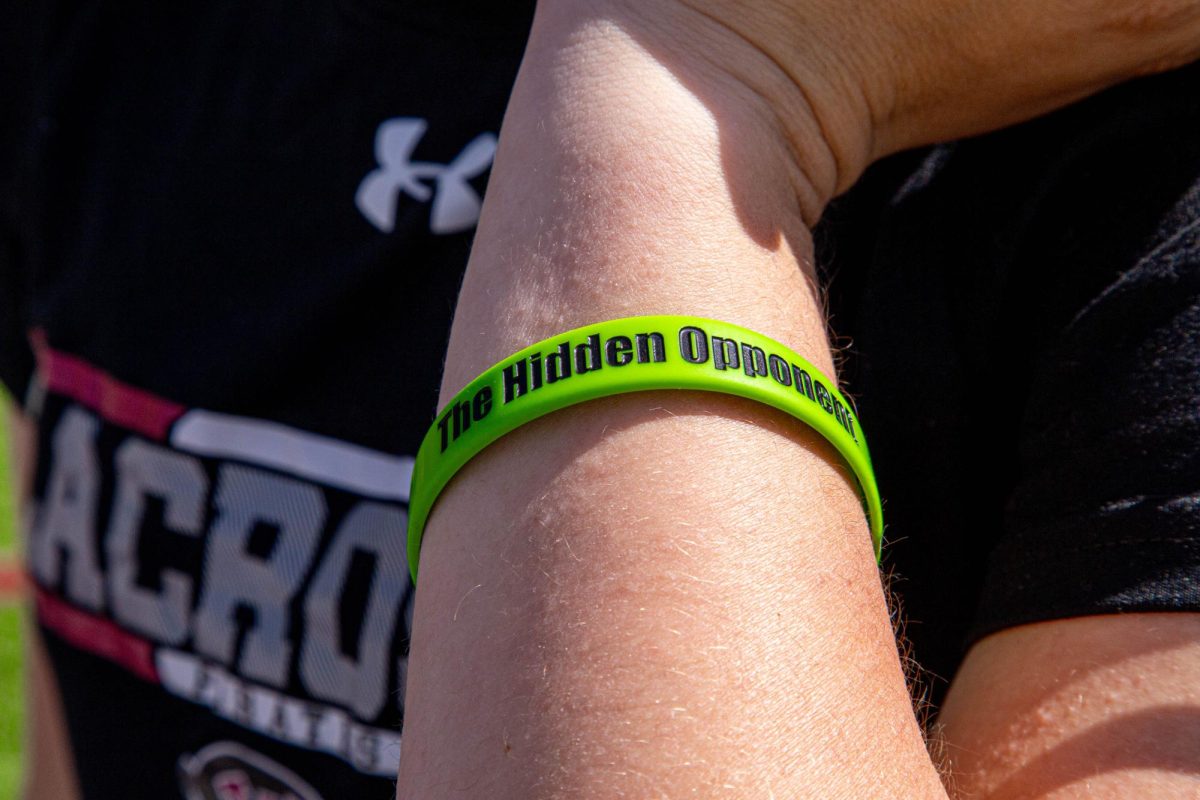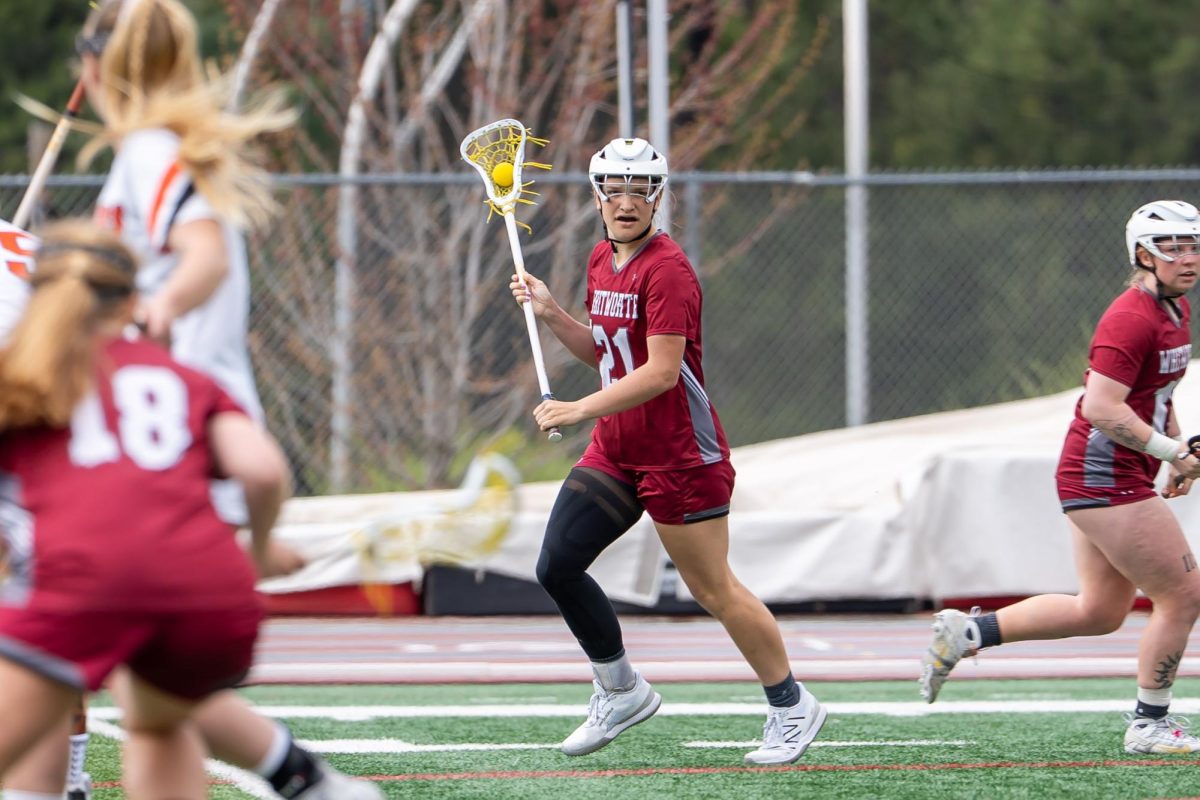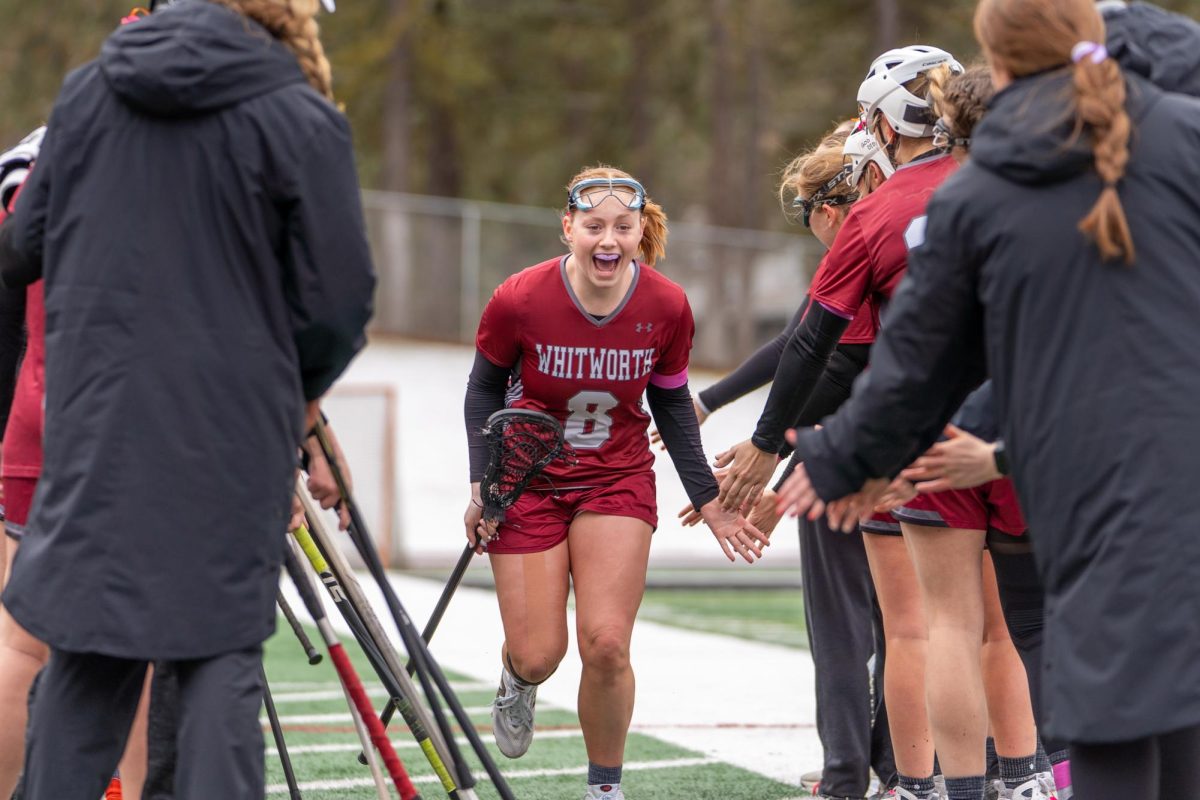In February, former Minnesota Vikings punter Chris Kluwe was arrested and fired from his job after he protested at a city council meeting in Huntington Beach, California. Kluwe protested against a plaque that would honor the city’s library that had an acrostic poem on it that spelled out Trump’s MAGA slogan. According to ABC news, Kluwe said, “We want to honor the library. We want there to be a plaque, but we don’t want MAGA on it because the library isn’t supposed to be political.”
In a time of political and social unrest, many athletes are choosing to be activists and are using their platforms to bring awareness to the injustices of America, unafraid of the consequences of what they say.
Risking being fired or receiving public hate, athletes feel that speaking for what they believe is more important than their jobs. However, deemed too political, athletes are being told to shut up and play and stay out of politics.
In 2018, Lebron James was told by a right-wing journalist to “shut up and dribble” after he was seemingly “too political” in an interview where he brought awareness to police brutality and made remarks about Donald Trump. Lebron James responded on his social media with a post saying, “I am more than an athlete”, reminding society that athletes are entitled to advocacy and shouldn’t be confined to their sport.
Colin Kaepernick is a former NFL quarterback who is now a civil rights activist. After kneeling during the National Anthem to protest against police brutality and systematic racism, he was blacklisted from the NFL and received a lot of hate in the media. According to an ABC news article, Kaepernick felt that protesting “the injustices that are happening in America, the oppression that is happening in America,” was more important than football. And despite the criticism that he faced from high figures in the government, Kaepernick inspired a movement of fighting back against American traditions as a sign of advocacy.
But at what point in advocacy has an athlete gone too far? And is there a fine line for athletes to use their platforms for awareness?
“Part of the beauty of using social media to promote a cause is that you have to take a hard stance on it. Yes, there’s going to be people that don’t agree with you, but I think that’s also the whole point of you promoting it. It’s so they can see your perspective and see why it’s important,” explained Sedona Liming, who is a lacrosse player at Whitworth University and a campus captain for The Hidden Opponent (THO), which is a nonprofit organization that advocates for the importance of mental health resources for student athletes.
First brought to campus by Whitworth alum, Faith Rempfer, The Hidden Opponent is now led by Liming and two other student athletes. For Liming, she advocates for the importance of mental health resources through The Hidden Opponent by putting on events through the organization, and by showing support in her games by wearing the green THO wristband on her cleat.
“It’s been really impactful to hear people’s stories”, said Liming. She explained that through her club, a lot of people have come up to her and shared their experiences with mental health. Mental health advocacy is getting the recognition it deserves, and “Sports has given me a platform to kind of direct that towards because I can wear something that’s showing my support”.
On National Women’s and Sports Day, Feb. 5, the Instagram accounts for various Whitworth women’s sports teams took to social media to show their support for equal opportunity in sports for women, and to recognize the accomplishments of female athletes at Whitworth. The Whitworth volleyball, softball, and main athletic accounts all made posts in honor of the day and many student athletes reposted to show their support.
Athlete activism has been instrumental in raising awareness and fostering dialogues around issues of inequality and injustice. It is important for athletes not to forget that what they believe in is more important than their sport, because they have the platforms to bring awareness to what they believe in, despite what backlash they could receive.


